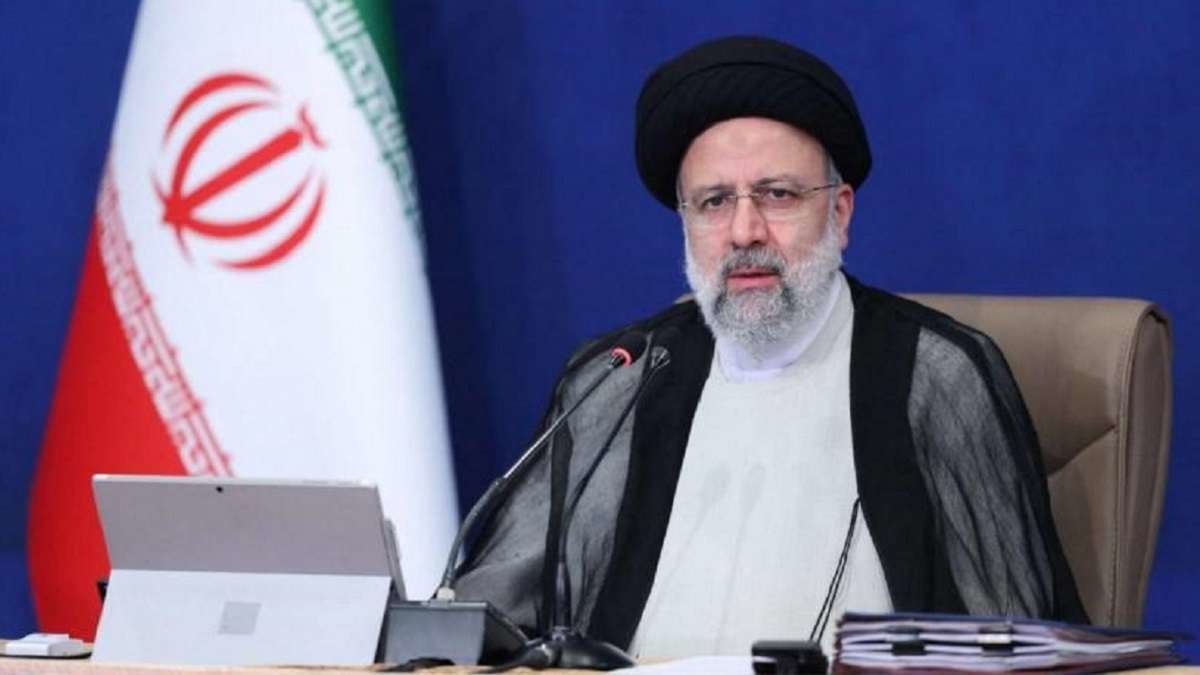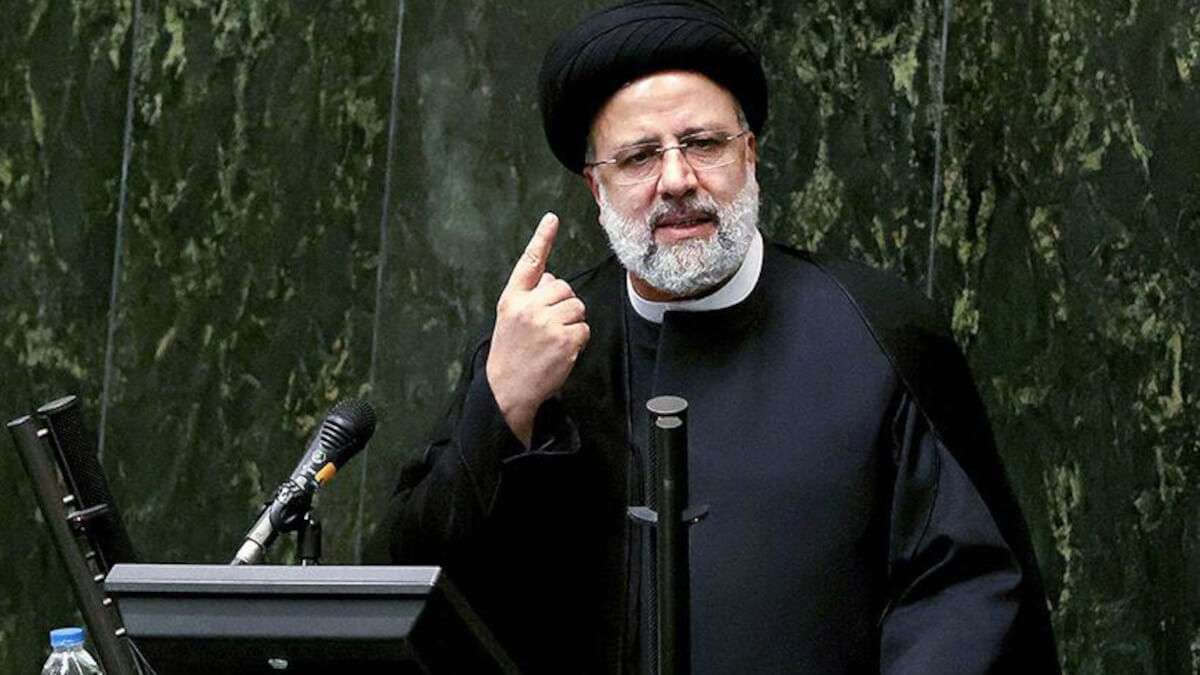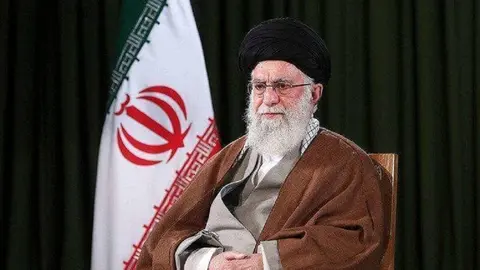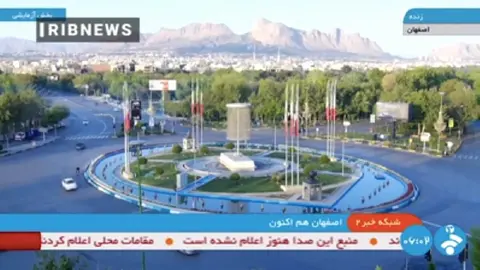Iranian president dies

The Islamic Republic of Iran is shocked by the death of President Ebrahim Raisi.
Iranian President Raisi died in a helicopter crash in northwestern Iran for reasons under investigation, Iranian state television confirmed. Foreign Minister Hosein Amir Abdollahian also died in the crash.
Raisi was accompanied by an entourage that had taken part in the inauguration of a dam in Azerbaijan with Azeri President Ilham Aliyev. The helicopter went down in an area that was difficult to access and the search was complicated by difficult weather conditions.
Ebrahim Raisi had served as president since 2011 when he replaced Hassan Rohani. The recently deceased president of the Islamic Republic was characterised by his ultra-conservative policies within an already not very open-minded regime.
The supreme power in Iran is held by the Ayatollah at the head, the real Supreme Leader, currently Ali Khamenei, who has led the country since 1989, and who is above the president of the country, the judiciary, the parliament and the armed forces. Within this regime of the Ayatollahs, which draws religious, political and ideological lines, Khamenei holds power, and below him is the figure of the president, which Raisi held until his death.

Ebrahim Raisi was marked by his ultra-conservative and ultra-religious character. A clear example of this hard line was the death in September 2022 of young Mahsa Amini, who died after being arrested by the Morality Police on charges of wearing the veil incorrectly. The death sparked a wave of protests across the nation calling for more openness and less oppression. The political opposition is also very much persecuted in the country and there are many voices calling for a renewal of the nation's system so that power is no longer held almost exclusively by the Ayatollah and the most radical groups close to the theocratic Muslim regime.
Following the news of the tragedy, expressions of condolences and recognition came from allies of the Islamic Republic. The Palestinian Islamist movement Hamas on Monday praised the late Iranian president as a "supporter of the Palestinian resistance", and Lebanon's extremist group Hezbollah paid tribute to him as a "protector of resistance movements".
Russian Foreign Minister Sergey Lavrov remembered Raisi and his late Foreign Minister Hosein Amir Abdollahian as "true friends", and Syrian President Bashar al-Assad proclaimed his "solidarity" with Tehran, which is supporting him in his country's civil war, in which he also receives Russian backing.
A number of nations, both friends and foes of Iran, have stepped forward to offer help, with the exception of Israel, in finding the downed helicopter.

A hotbed of tension in the Middle East
The Islamic Republic of Iran has been identified by various experts as a source of destabilisation in the Middle East due to its belligerent and interventionist stance in the policies of other countries and, above all, its fierce struggle against Israel. The Persian country has a network of pro-Iranian groups scattered across several nations that interfere in the internal politics of these countries, such as Hamas in Palestine, Hezbollah in Lebanon, Liwa Fatemiyoun in Afghanistan and the Popular Mobilisation Forces in neighbouring Iraq.
In the face of this interventionism and Iran's desire to expand its Islamic revolution, a common front has emerged in recent years to pacify the region and promote greater economic and social development. This was the spirit of the famous Abraham Accords, sponsored by the United States, under which several Arab countries such as the United Arab Emirates, Bahrain and Morocco established political and diplomatic ties with Israel. This was a setback for Iran and a further international political isolation.
The recent Gaza war between Israel and Hamas, unleashed after the bloody attack by the Palestinian extremist group on Israeli territory on 7 October that left around 1,200 people dead, once again generated an escalation of tension in the Middle East with Israeli military intervention in Gaza, and the Islamic Republic of Iran once again took a stand against Israel, to the point of launching a historic drone attack on Israeli territory.
Now, after the death of Ebrahim Raisi, it remains to be seen whether there will be any changes in Iran's policy, although with the iron grip of the Ayatollahs' regime in place, no such thing is foreseeable.










